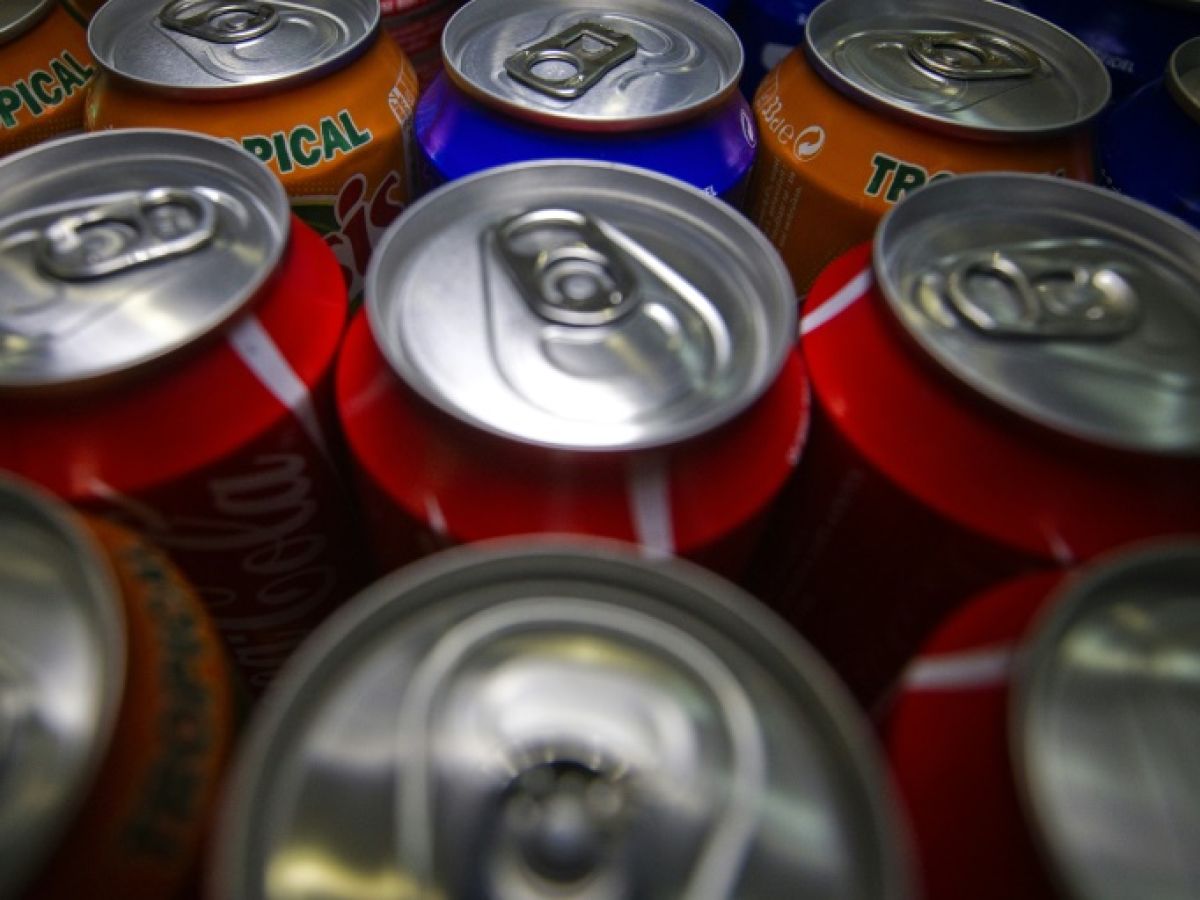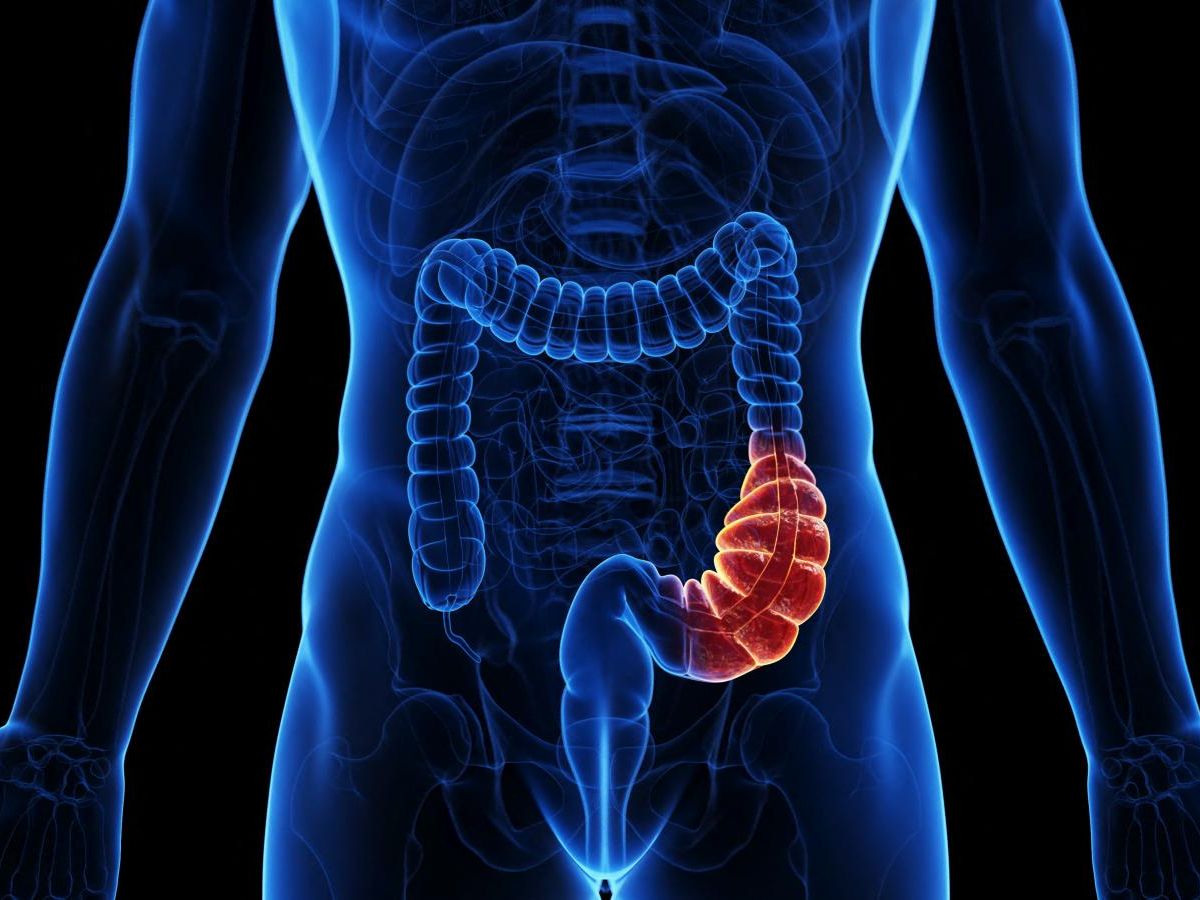Consumption of highly processed foods in the United States has declined slightly in recent years, a study published Thursday reveals, but it remains at a global high and accounts for more than half of Americans' calorie intake.
These foods and drinks, such as burgers, sodas, industrial cakes or even chips, are rich in sugar, fat or salt as well as additives.
Their overconsumption is associated with an increased risk of obesity, diabetes, and even cardiovascular diseases.
According to a survey published by the country's top health agency, the CDC, these foods made up 55% of Americans' calorie intake between 2021 and 2023.
This average was higher among minors, with consumption of ultra-processed foods accounting for nearly 62% of their calorie intake, compared to 53% for adults.
These figures place the United States among the countries consuming the most calories from ultra-processed foods, along with the United Kingdom and Canada.
Other Western countries like Italy and France have healthier eating habits, according to studies conducted in recent years, with Italians consuming less than 20% of calories from ultra-processed foods, compared to an estimated 30 to 35% among the French.
The latest American figures, however, bring a note of hope, with the proportion of calories ingested linked to ultra-processed food having slightly decreased over the last period studied compared to previous ones.
Adult consumption was estimated at 56% for 2017-2018. For minors, it was 65.6%.
The reasons for this slight decrease, which comes at a time when communication about the risks attributed to overconsumption of these foods has increased in recent years, are not explained.
The new US Secretary of Health, Robert Kennedy Jr., who has been criticized for his anti-vaccine stance, has made combating chronic diseases, including obesity and diabetes, one of his priorities and is a vocal critic of junk food.


